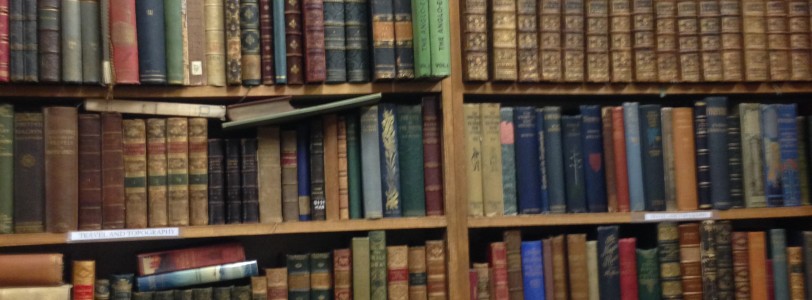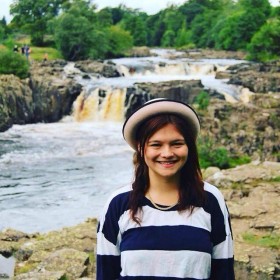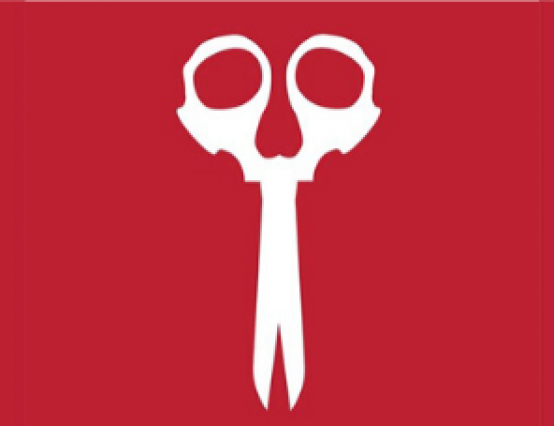If you have ever studied another language, or talked to someone whose native tongue is not English you might have realised that we use a lot of sayings that aren't translatable. For example 'it's raining cats and dogs' wouldn't make much sense in French even though, in English, we all know what it means.
These kinds of sayings rely a lot on figurative language, often taken from literature, but they are so ingrained in the way we talk we don't even notice that we use them. When you don't understand a phrase and say 'it's all Greek to me' or if all these sayings have you 'tongue tied' you are really quoting Shakespeare.
Literature has been so important in the development of language, particularly in English, that when Dr Samuel Johnson created the first comprehensive English dictionary in the 1700's each definition was supported by a quote from plays, poetry and particularly the bible.
Throughout history words have changed and developed with social, political and technological change, with many foreign influences. Use of these words can change the way we see things for example, many authors use 'Latinate' words taken from French and Latin to illustrate a higher, elaborate and more decorative style, in contrast to Anglo Saxon words which are often seen as simpler and more down to earth. For example we are likely to think of different things when someone writes of their 'job' (the Anglo Saxon word) to when they mention their 'profession', which comes from Latin and seems to carry more importance. Equally even though 'trendy' and 'elegant' have similar meanings, we understand different things from them. Often it is quite hard to explain the differences in words but we all have a common understanding, showing how closely related language is to our thoughts.
This becomes very important when we are voicing our thoughts. Have you have struggled to find the right word to describe something, or express yourself? This is where figurative language becomes so important, for example when you talk about 'saving a file to the cloud' we know we aren't really putting a document into a literal cloud in the sky, but it is a helpful and easy way of understanding and expressing this process.
For some, these issues with language are related to even more important issues. If you have an accent or specific local dialect, some words or ways of talking are very important to your identity and sense of belonging. Writers who have been concerned with this include Robert Burns and Tom Leonard, both Scottish poets. For people of certain races or ethnic communities this becomes a political issue, as to whether they speak a colonial language like English, return to their native language or in a combination of the two, known as 'creole'. These questions have fed back into literature concerning poets such as Derek Walcott and Benjamin Zephaniah and novelist Chinua Achebe.
It is clear then that this is a dynamic relationship, literature shapes are language, which influences how we think and our very identity, which authors used to form new literature, and so the cycle goes on, or as Achebe said 'People create stories create people; or rather stories create people create stories.'
Photo by Ellen Orange









0 Comments